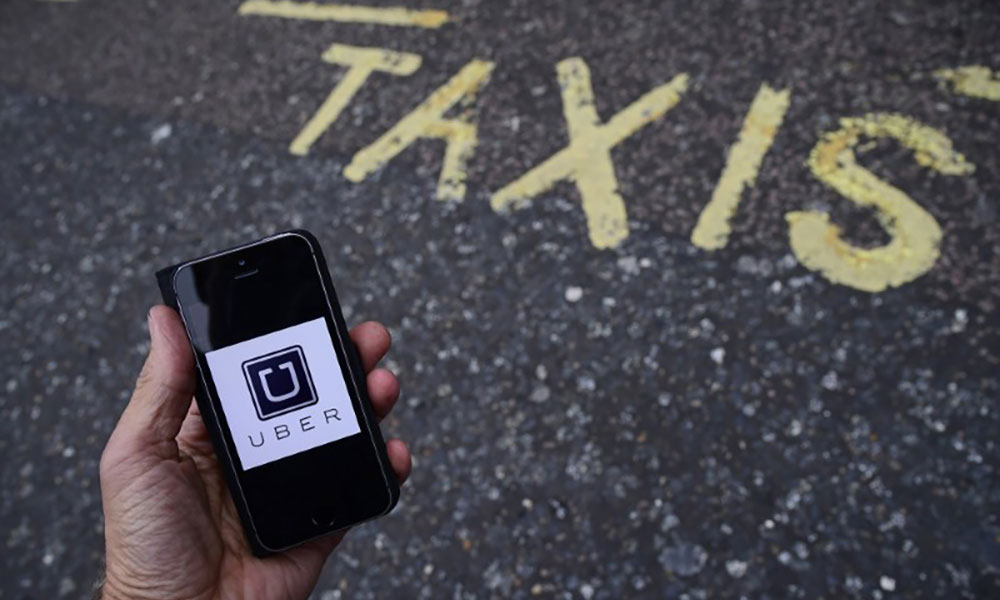
Report: Sharing Economy Making Up Growing Share of Business Expenses
Certify’s latest edition of its SpendSmart Report shows a growing dominance by Uber in the transportation space, while Lyft and Airbnb continue to make up a growing share of business travel expenses.
The popularity of two famed sharing-economy services is becoming harder than ever to ignore.
Certify, a platform focused on travel and expensing needs, revealed in the latest editions of its SpendSmart Report (which cover both the fourth quarter of 2016 and the full year) that the popularity of Uber and Airbnb was growing, fast. In fact, Uber dominates the market.
“The growing preference for sharing economy services like Uber and, to a lesser degree, Airbnb really underscores the trend toward consumerization of traditional corporate travel,” Certify CEO Robert Neveu noted in a news release. “Advances in personal technologies and travel-based smartphone apps have made it easier for business travelers to choose the experiences and vendors they prefer. And the companies they work for are following suit with expanded travel policy guidelines to accommodate new services and payment methods.”
This is an improvement from Certify’s report in the third quarter of 2016, which reported that Uber and Lyft, combined, made up more than half of all business ground transportation combined. While Lyft maintains its 4 percent market share, according to the research, Uber topped the 50 percent mark on its own—it currently sits at 52 percent of the total market for business ground travel.
Uber was also the most-expensed vendor overall in the fourth quarter of 2016, at 6 percent.
The year-over-year growth for both car services came at the cost of car rentals (which stood at 33 percent in the fourth quarter, falling by 5 percentage points from the fourth quarter of 2015) and taxis (which fell by 9 points year-over-year, to 11 percent overall). Taxis have lost more than a third of their market share among business travelers since the first quarter of 2014.
(Part of the reason for this may be the cost per ride: A ride from Lyft or Uber during the fourth quarter of 2016 came in at under $25, on average, while a taxi ride cost nearly $35.)
Airbnb, meanwhile, represents a small chunk of expensed business lodging, currently at .27 percent of the total in the fourth quarter of 2016. The service could find itself competing with larger hotel chains on the business travel front, according to Certify’s year in review.
“While still under 1% of the total, Airbnb’s growth is significant in this context,” the year-end report states. “For example, Certify reports on the top 15 hotels by expense percentage with Hampton Inn in the number-one spot at 8.82 percent and Residence Inn in last place with 1.18 percent.”
Other notable points from the report:
The biggest categories: Meal expenses were the most common business expenses in 2016, according to Certify, representing 19 percent of all charges. But not far behind was airfare (15 percent) and hotels (14 percent). The average airfare cost was $316; the average hotel was $211; and the average individual meal cost $27.
Where people go the most: Beyond Uber’s 6 percent share of all expenses, other heavily expensed brands include Starbucks, Delta, and American Airlines—each of which represents 4 percent of all employee expenses in 2016.
The full report, covering both the fourth quarter of 2016 and the full year, is available at the Certify website.
Uber is now the most popular form of ground transportation among business travelers. (Toby Melville/Reuters)






Comments